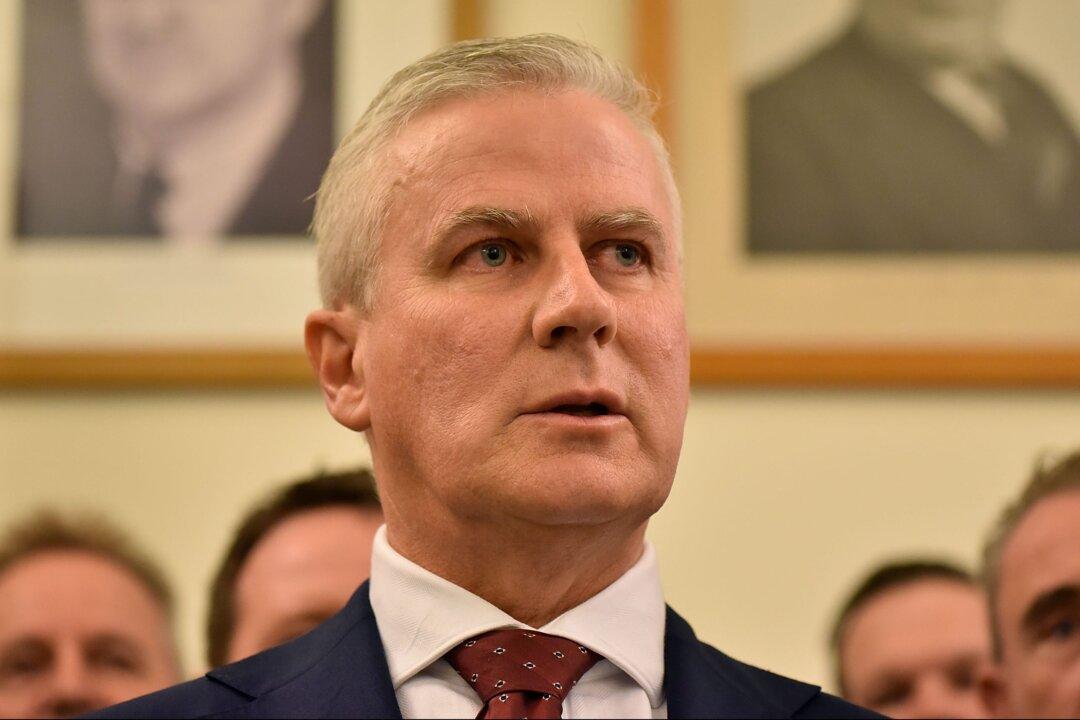Michael McCormack, Australia’s deputy prime minister, has called for states and territories to reopen borders to allow interstate air travel.
“What we need to have our planes back in the air,” Michael McCormack told Seven’s Sunrise program on Monday.





